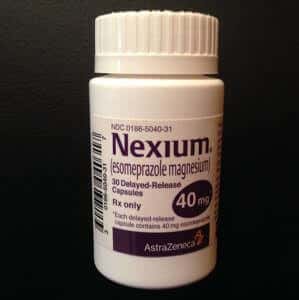
Doctors occasionally assume that if symptoms return when a medication is stopped, the original problem is reasserting itself. That seems to indicate an ongoing need for the drug.
That may be true in most instances, but in other cases, stopping a medicine can trigger a withdrawal syndrome. This is not limited to opiates, antidepressants or other psychoactive drugs. Many other types of medicines can also cause trouble if they are stopped suddenly.
Withdrawing from PPIs:
Powerful acid-suppressing drugs can have several troubling side effects if they are used over the long term, including interactions with other critical medications, reduced absorption of essential nutrients such as vitamin B12, magnesium, iron and calcium, along with a greater risk of fracture, pneumonia and Clostridium difficile infections (FP Essentials, Oct., 2013). Unfortunately, stopping PPIs suddenly can lead to horrible heartburn due to rebound acid secretion (Gastroenterology, July, 2009).
How Do You Get Off PPIs?
Q. I have been on proton pump inhibitors (PPIs) for almost three decades. I still have serious gastritis and GERD.
I would like to get off them since they are not working anyway. I don’t smoke and I’m not overweight. Can you give me advice on tapering off?
A. If powerful acid-suppressing drugs like esomeprazole (Nexium) or lansoprazole (Prevacid) haven’t worked, perhaps there is something else going on.
Might Helicobacter Pylori Be Causing Trouble?
Have you been tested for Helicobacter pylori infection? Symptoms of H. pylori can include frequent stomachaches, nausea and bloating. This germ can lead to ulcers.
We are sending you our Guide to Digestive Disorders for information on H. pylori and how to eradicate it, along with strategies for getting off PPI medications.
Stopping PPIs suddenly can trigger rebound hyperacidity and distressing symptoms of reflux. That is why such a medication should ideally be tapered off gradually over six weeks (Family Practice, Dec., 2014). It can be helpful to get support from non-drug approaches such as fennel, ginger or persimmon tea.

